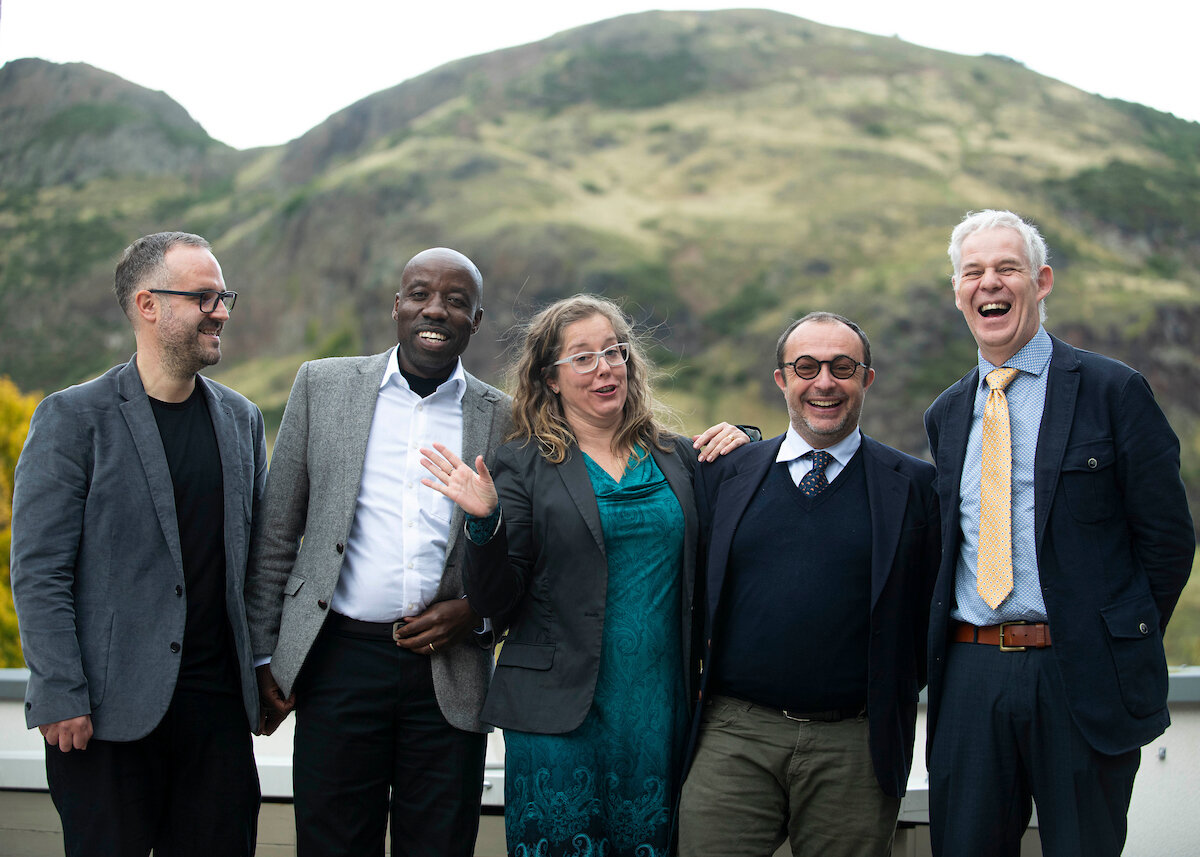There is no doubt that democracy is in trouble. Many of us think voting is pointless. We don’t trust our politicians. Participatory Budgeting (PB) might help to get us to a better place.
In October 2019, I chaired PBScotland’s national (actually international) conference which brought together over 170 people from every part of Scotland as well as guests from Africa, Asia, the USA and South America.
It was part of my most recent involvement embedding participatory budgeting in Scotland’s policy and practice and a far cry from my first attempt over 20 years earlier.
Recently returned from an inspiring 3 months in Brazil – the birthplace of PB – I met with a Scottish Government minister and civil servants. I encouraged them to take up this model which, at that juncture, was having a dramatic impact not only in reinvigorating democracy but also in tackling poverty and inequality. I was given short shrift.
As we were leaving the meeting, one civil servant helpfully suggested that if we wanted to make this happen than we would need to find people to champion the case alongside us. Perhaps he thought that was the end of the conversation.
Fast forward 22 years and participatory budgeting is now firmly rooted in the commendable efforts of communities, Local Authorities and the Scottish Government to tackle inequality and encourage a move towards participatory democracy. Of course, it is not perfect, but it is working well. Scotland has become a leading partner in a global hub.
I’ve played my part, for example in chairing the Scottish Government’s National Strategic Group on Participatory Budgeting and helping to lead that work into supporting the development of deliberative democracy more generally.
It’s a good example of staying power, of seeing the value of something to create change and sticking with it until that change happens.


